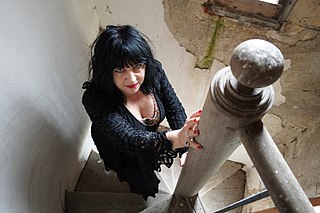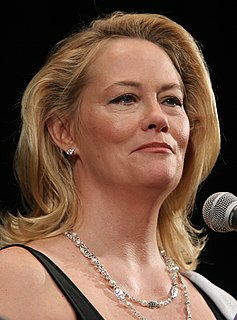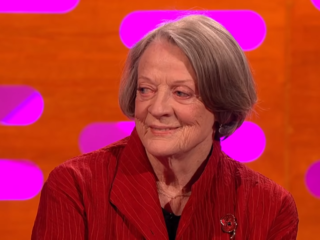A Quote by V. S. Naipaul
One always writes comedy at the moment of deepest hysteria.
Related Quotes
I think 'The Musketeers' is probably the Dumas novel people are most familiar with, or if not that, it's 'The Count Of Monte Cristo'. I've always been a big fan of Dumas because, on the one hand, he writes a lot about revenge, but he also writes about the cost of it to the revenger - I'd always had an interest in that.
One writes not to be read but to breathe...one writes to think, to pray, to analyze. One writes to clear one's mind, to dissipate one's fears, to face one's doubts, to look at one's mistakes--in order to retrieve them. One writes to capture and crystallize one's joy, but also to disperse one's gloom. Like prayer--you go to it in sorrow more than joy, for help, a road back to 'grace'.






































